First war, then hunger – now Yemen faces the deadly threat of Covid-19
The UN’s World Food Programme says that the coronavirus is contributing to a ‘perfect storm’ of problems that could throw millions of Yemenis into a deeper food crisis
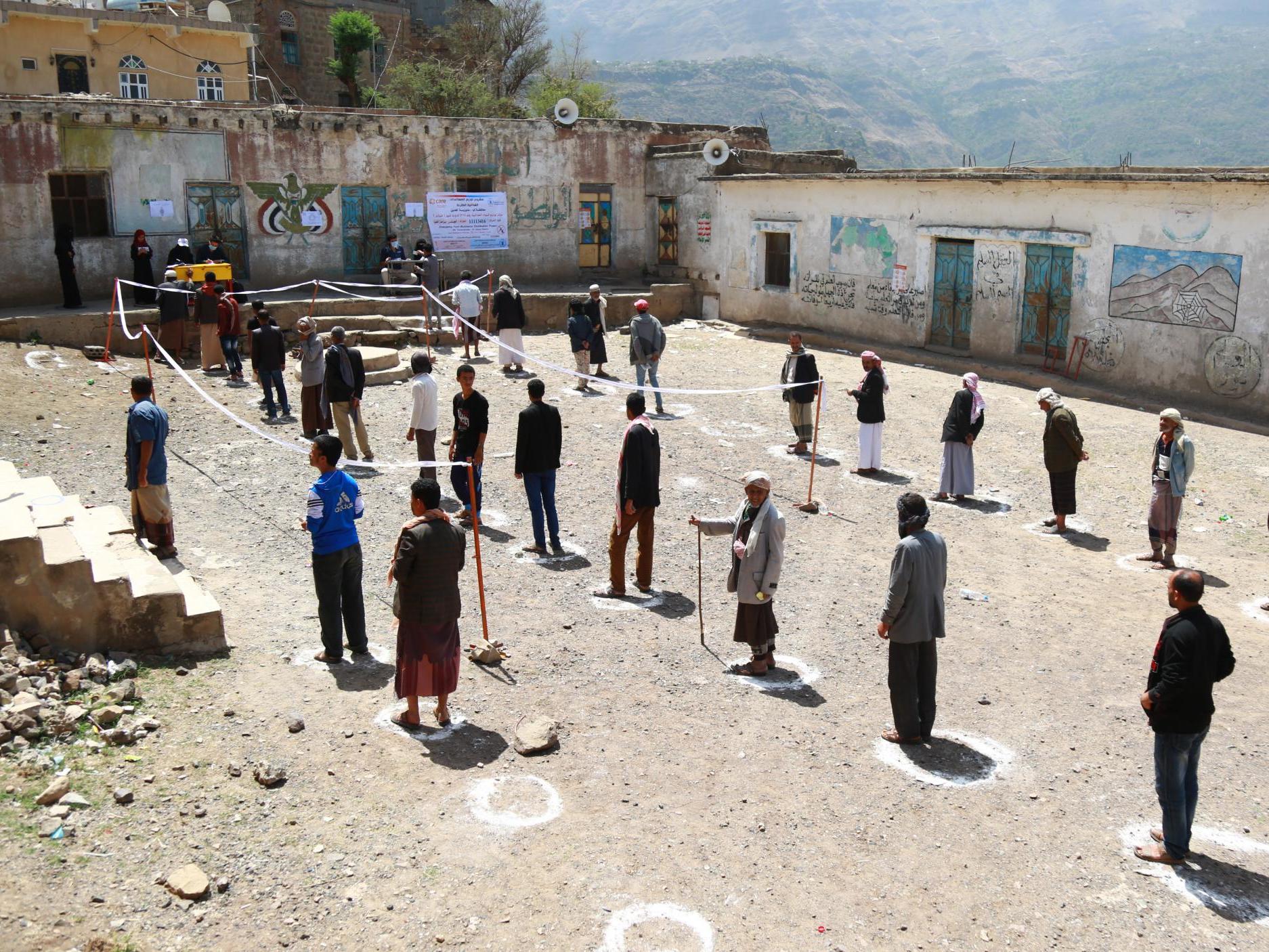
Your support helps us to tell the story
From reproductive rights to climate change to Big Tech, The Independent is on the ground when the story is developing. Whether it's investigating the financials of Elon Musk's pro-Trump PAC or producing our latest documentary, 'The A Word', which shines a light on the American women fighting for reproductive rights, we know how important it is to parse out the facts from the messaging.
At such a critical moment in US history, we need reporters on the ground. Your donation allows us to keep sending journalists to speak to both sides of the story.
The Independent is trusted by Americans across the entire political spectrum. And unlike many other quality news outlets, we choose not to lock Americans out of our reporting and analysis with paywalls. We believe quality journalism should be available to everyone, paid for by those who can afford it.
Your support makes all the difference.For many of us, the coronavirus pandemic has made the past few months some of the most difficult we have ever faced. But as we put on our masks and begin to tentatively trickle back to shops, pubs and restaurants, the deadly threat of Covid-19 is also beginning to take its toll on some of the world’s most fragile places.
In Yemen, years of war have caused mass poverty, hunger and chronic illness and have destroyed healthcare facilities. Even before the pandemic, 80 per cent of Yemen’s population were in desperate need of humanitarian assistance. On Wednesday, the UN’s World Food Programme said that Covid-19 is contributing to a “perfect storm” of problems that could throw millions of Yemenis into a deeper food crisis.
Last week, the Disasters Emergency Committee (DEC), an umbrella group of the UK’s 14 leading aid charities, launched an appeal to support people in seven of the world’s most fragile places: Yemen, Syria, South Sudan, Somalia, the Democratic Republic of Congo (DRC), Afghanistan, and Cox’s Bazar in Bangladesh – where about 850,000 Rohingyas live in the world’s largest refugee camp.

So far the appeal has raised £14m – but living through the world’s biggest humanitarian crisis, people in Yemen are in need of all the help they can get.
In Yemen, DEC members are already responding and say that many families have lost almost all means of accessing food. In a country that imported 90 per cent of its food even before the war, the ongoing financial crisis and restrictions on imports by warring parties have resulted in massive increases in prices.
The first case of Covid-19 was reported in Yemen on 10 April and as of 22 July there were 1,623 confirmed Covid-19 cases and 448 deaths. The DEC says it believes these are huge underestimates due to a lack of testing capacity and labs, and reports of people dying before reaching health facilities. An aid worker at a DEC charity said that he was misdiagnosed with dengue fever back in April because people didn’t believe there was coronavirus in the country – leading him to miss out on urgent medical treatment and fall into a coma for 10 days. Fortunately, he survived.
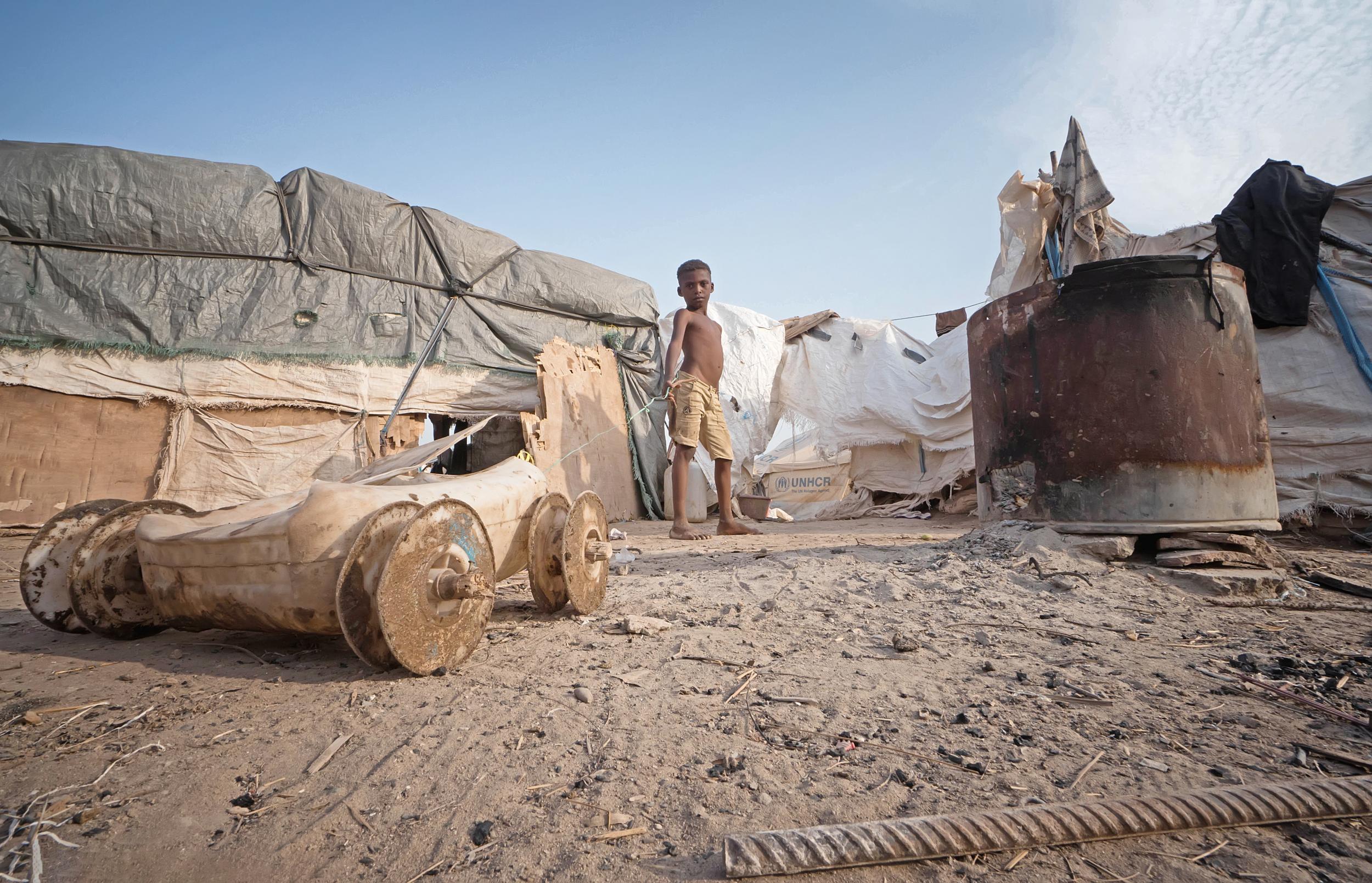
In the city of Aden, government burial statistics showed that 80 people were dying in the city per day in mid-May, up from 10 a day before the outbreak.
Saleh Saeed, DEC’s chief executive, said: “First came the war and destruction, then came the hunger and cholera and now the deadly threat of coronavirus making the situation unbearable and the hunger even worse. Some have simply accepted their fate and die quietly at home.”
He thanked the public for donations to the DEC appeal for the seven places it is prioritising. “The UK public have once again demonstrated their generosity and compassion. We are incredibly grateful to everyone who has supported the DEC coronavirus appeal so far, helping us to raise over £14 million.”
To donate to DEC’s coronavirus appeal, visit its website.
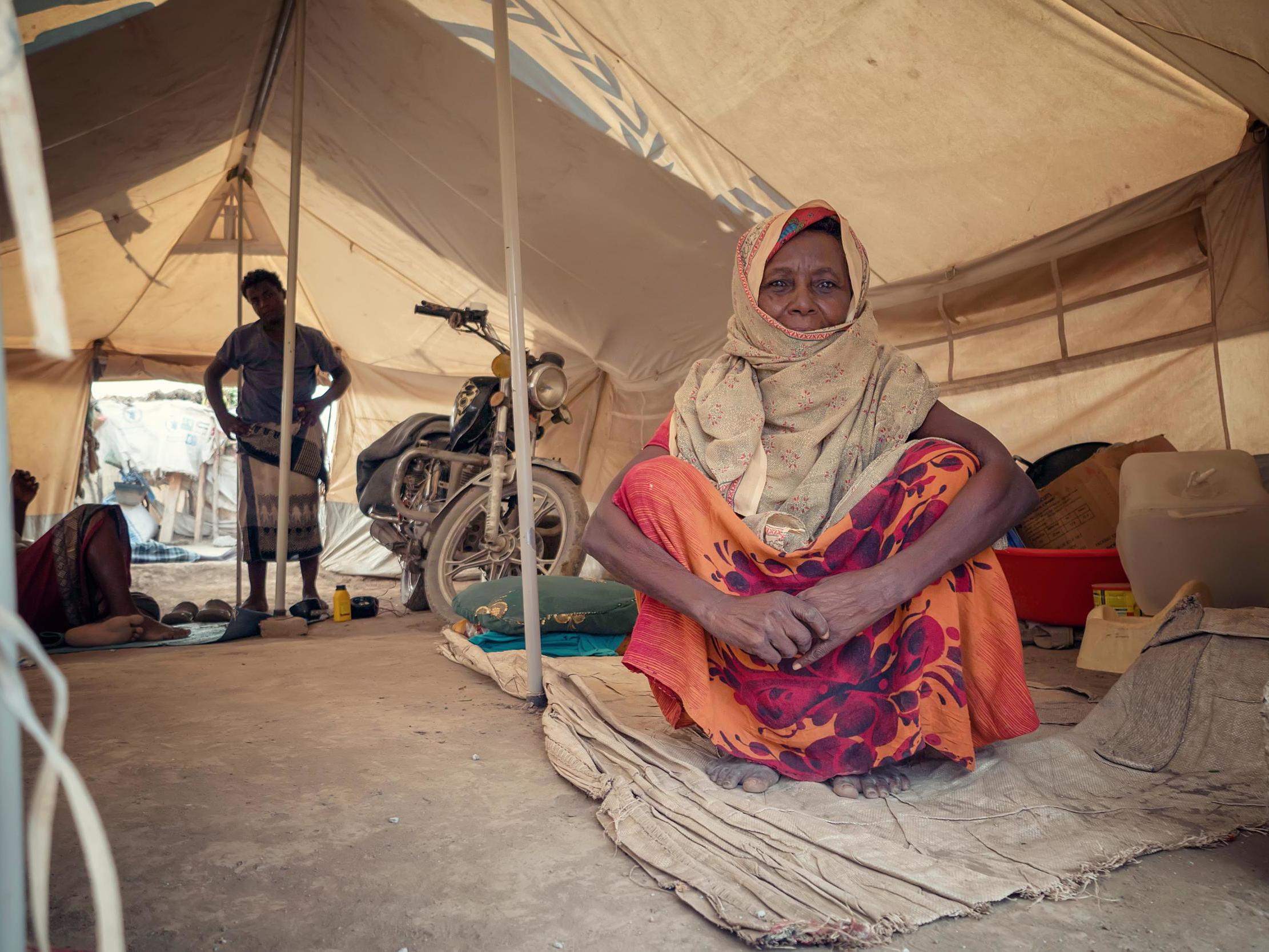


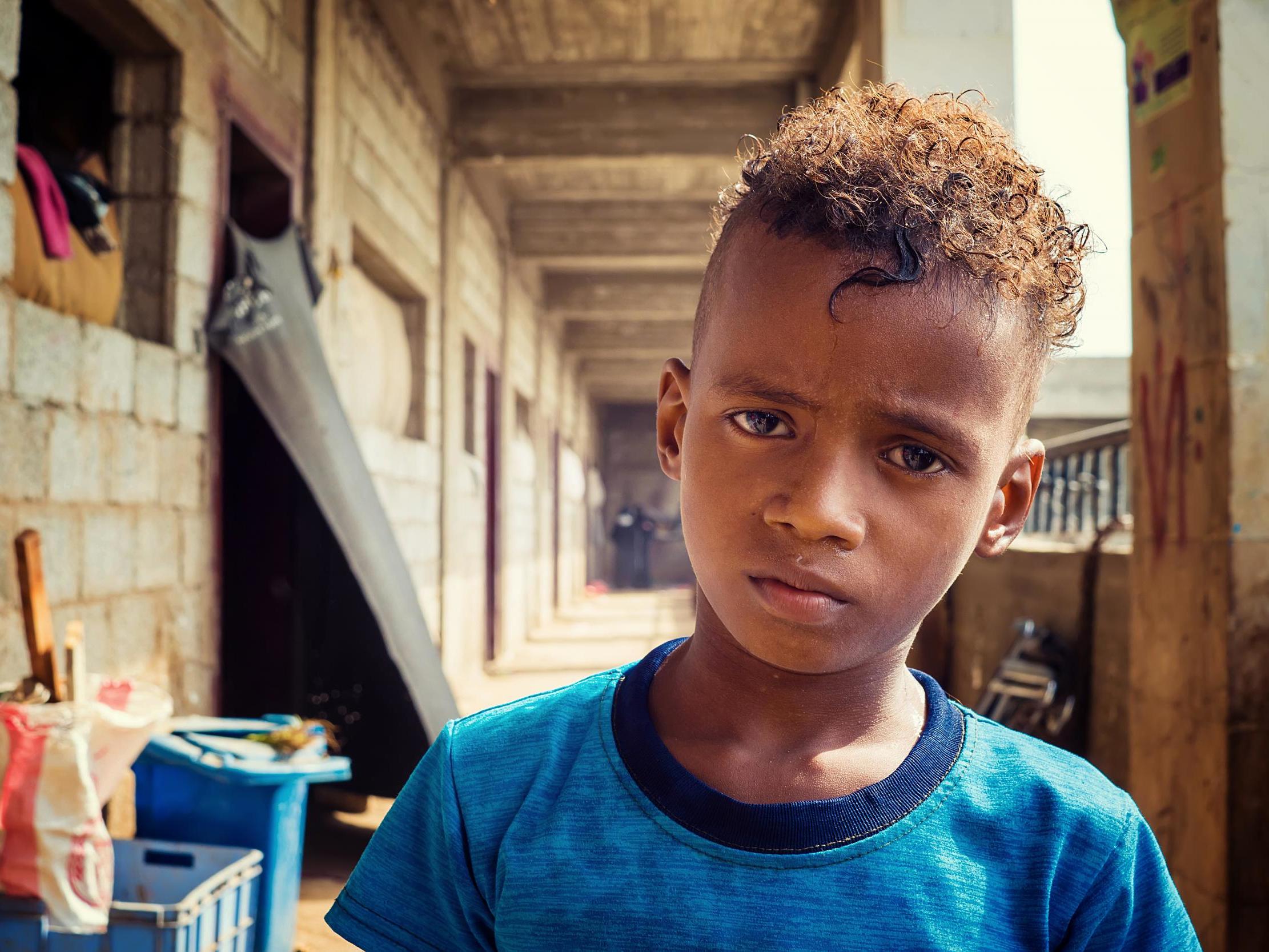
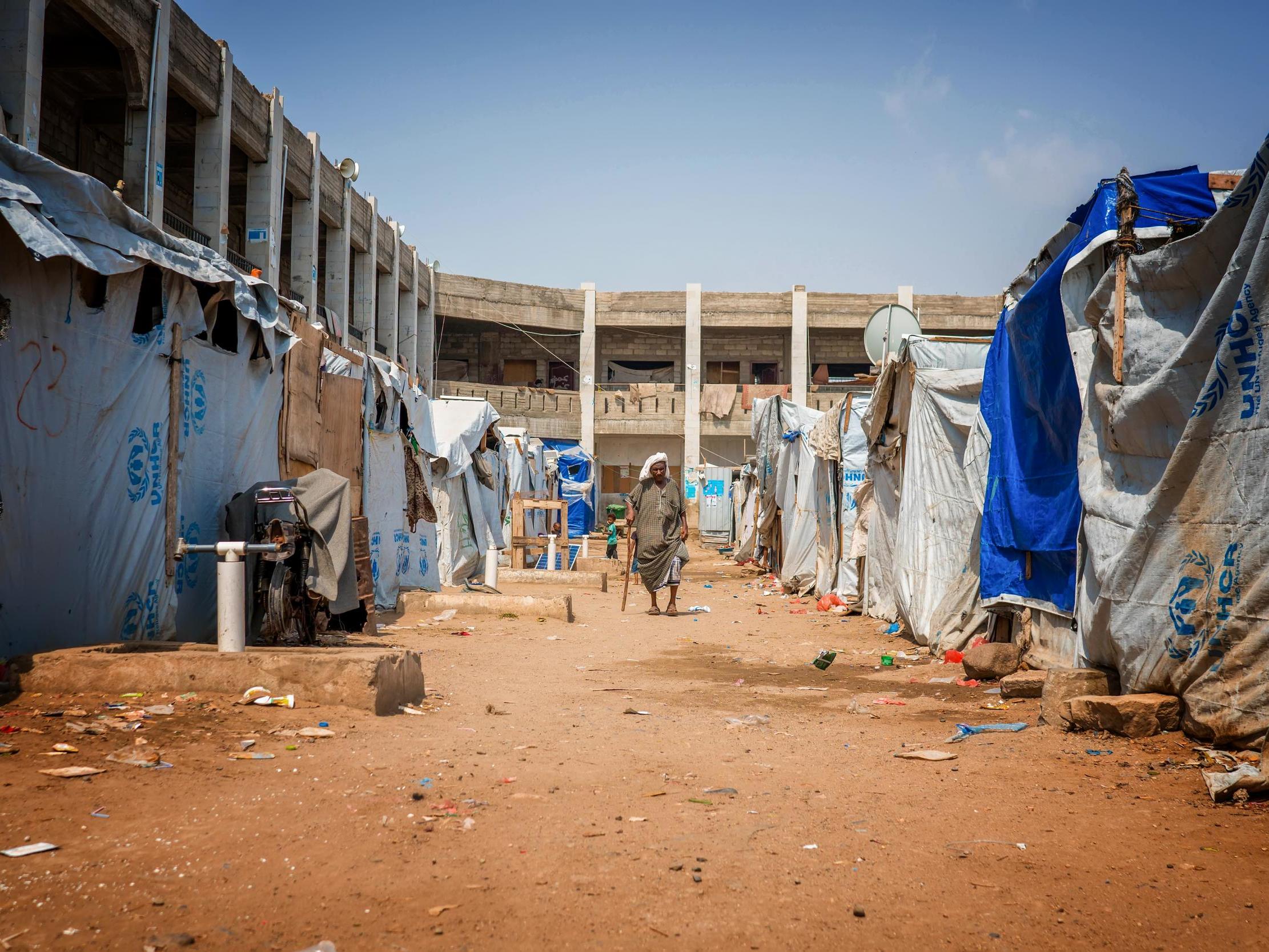
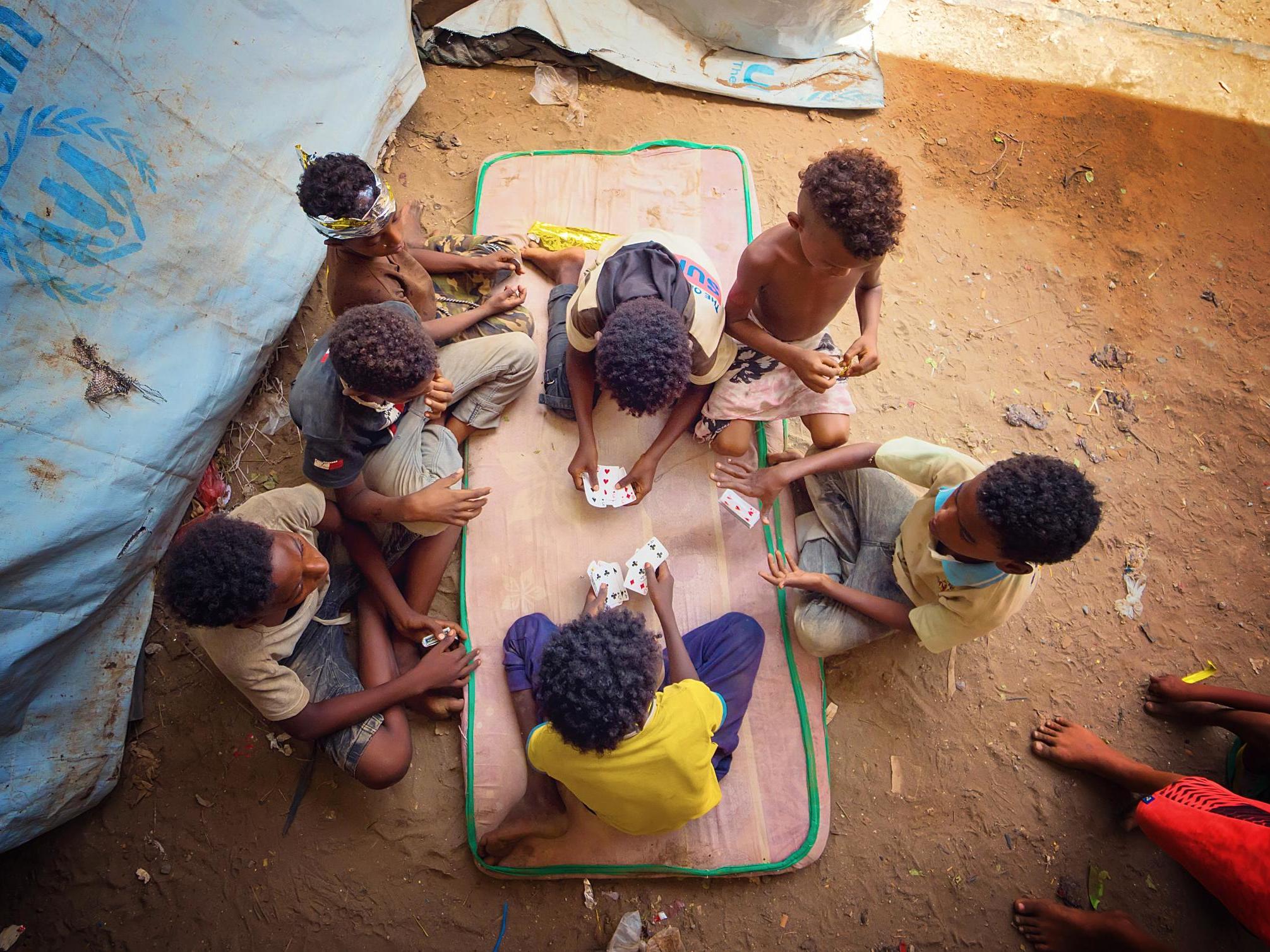

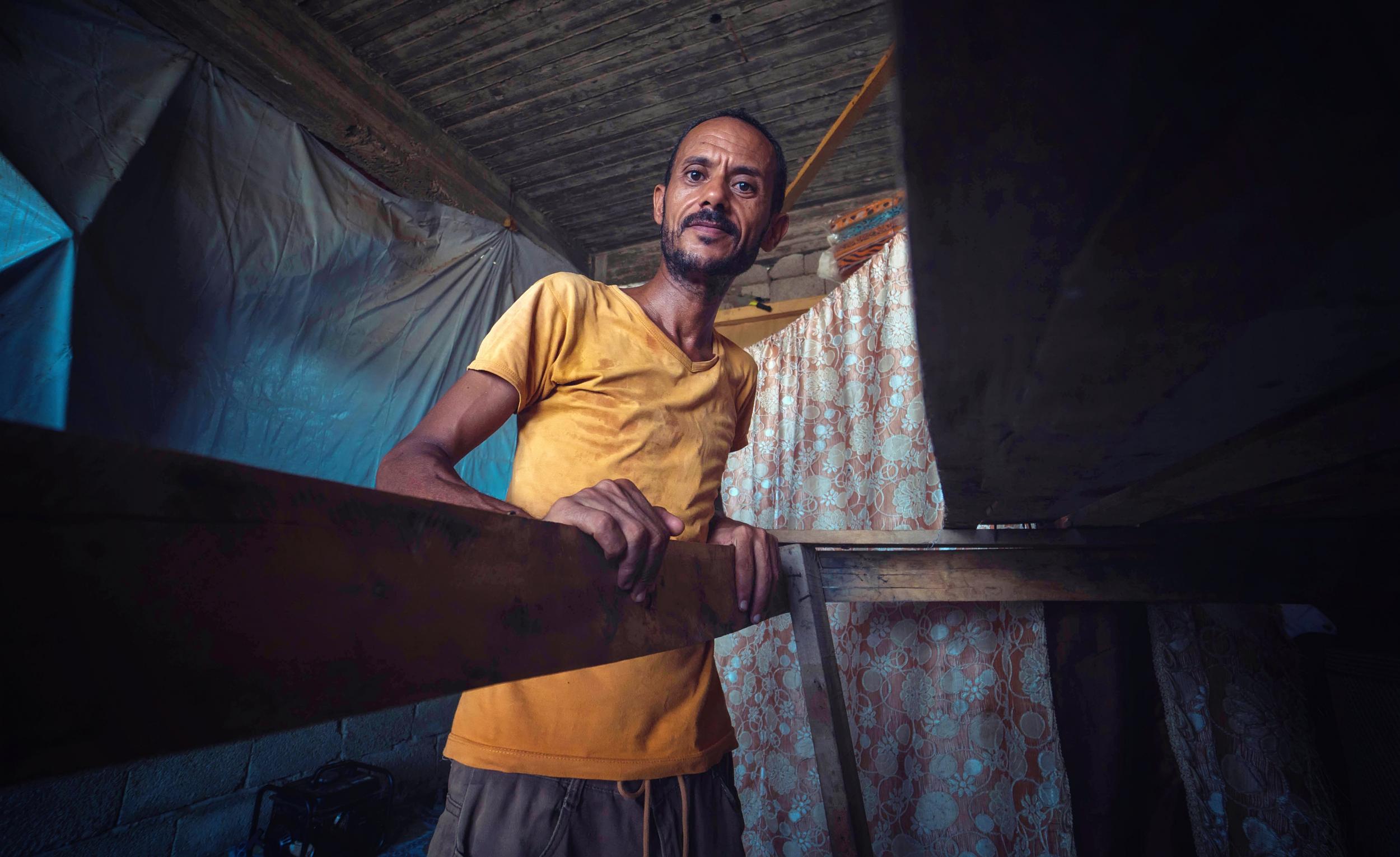
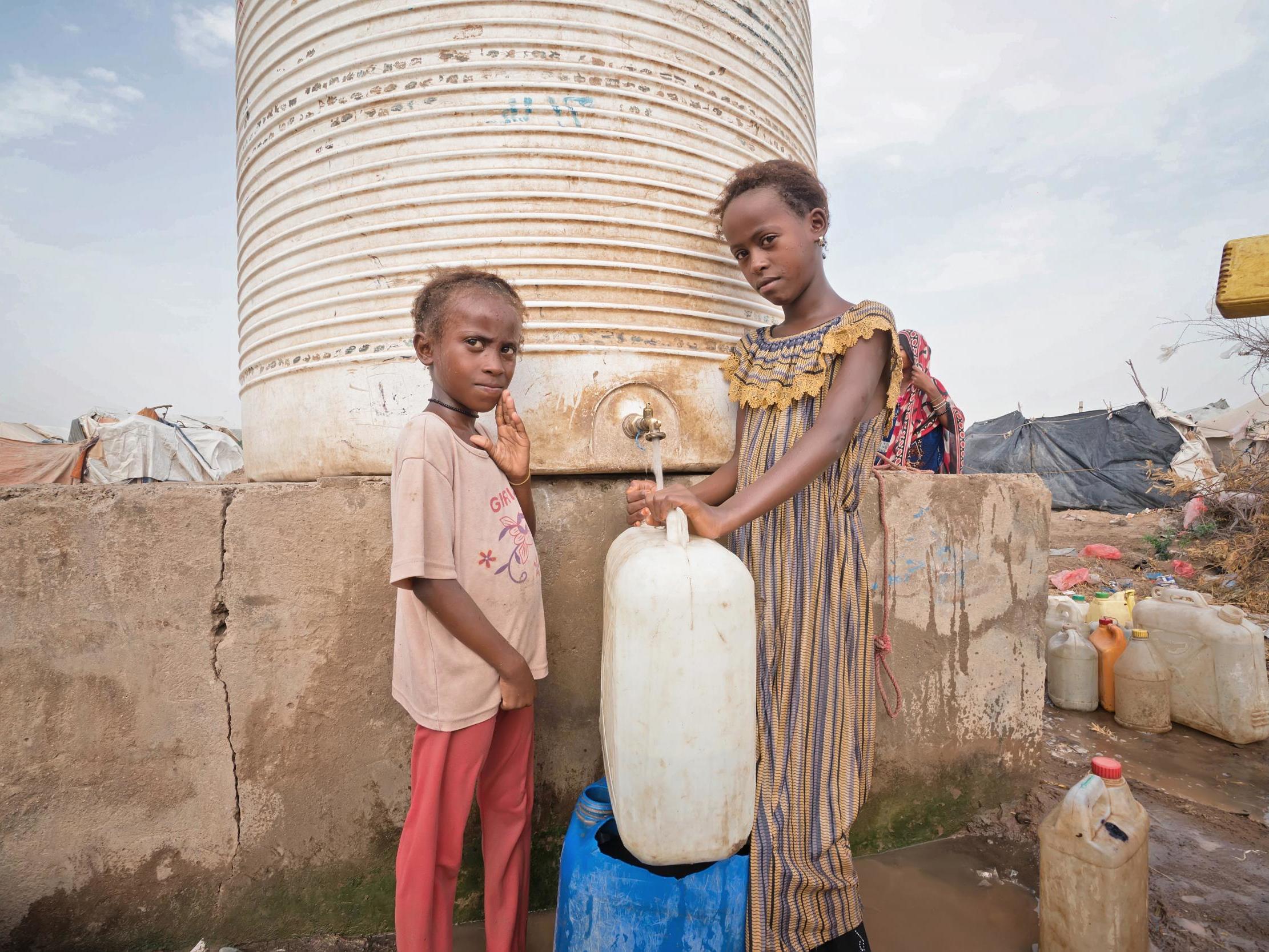
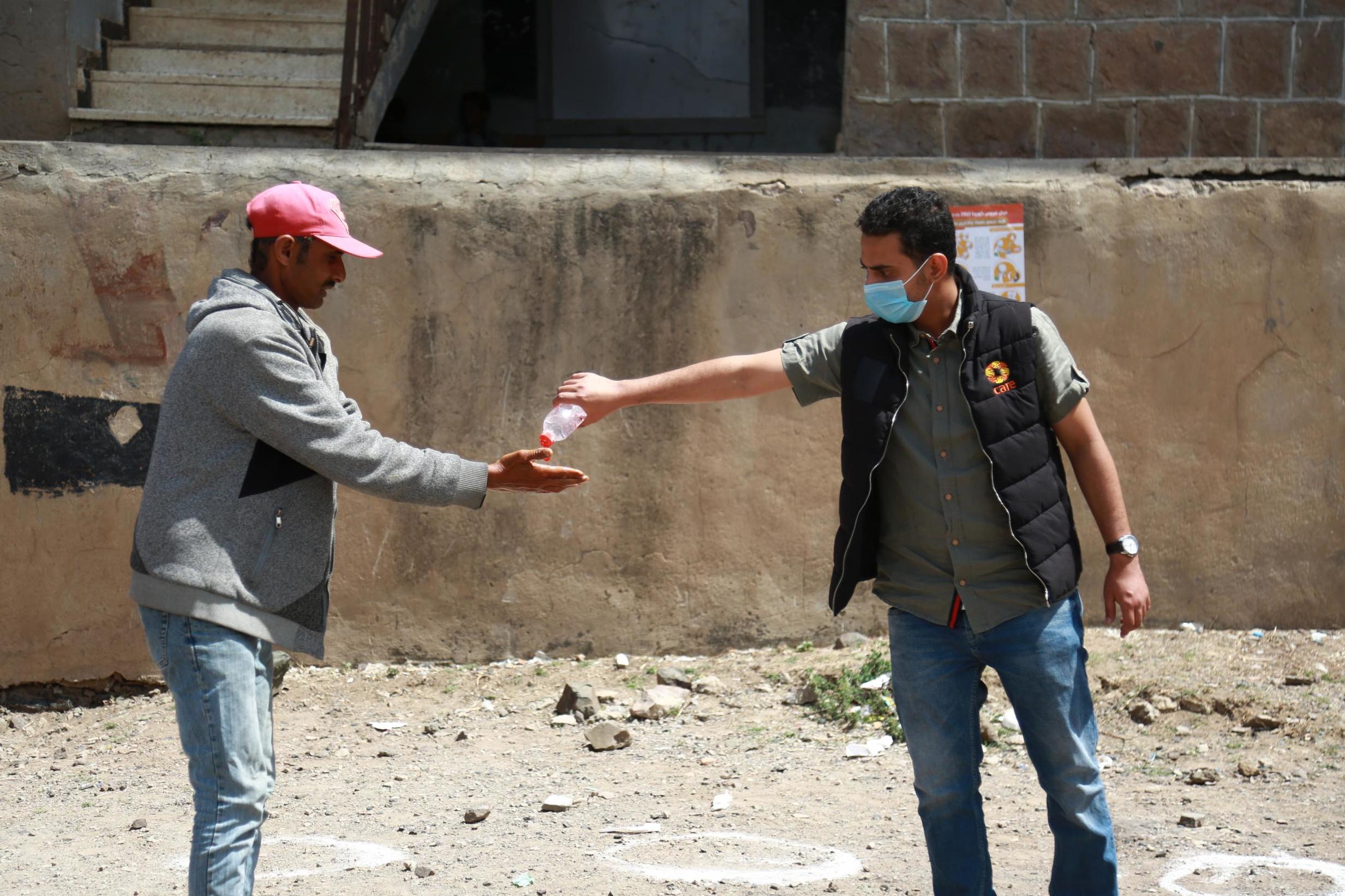
Join our commenting forum
Join thought-provoking conversations, follow other Independent readers and see their replies
Comments